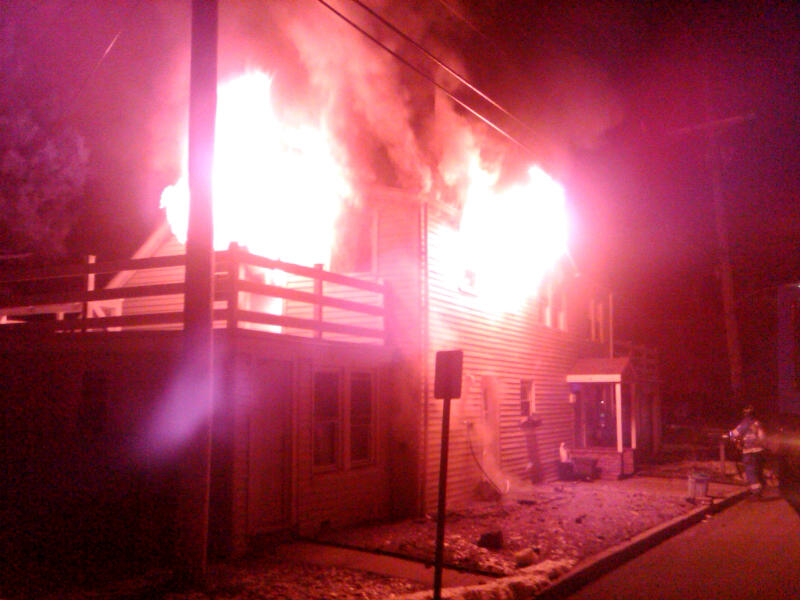I have been talking with a company about getting panels put on my roof. Their deal is nothing down and a fixed payment per month for 25 years which guarantees to cover the first x killowatt hours with the utility picking up after that.
Anyone else have panels on their roof? If so did you buy them outright or work with a company like this? Any advice or warnings?
Anyone else have panels on their roof? If so did you buy them outright or work with a company like this? Any advice or warnings?


